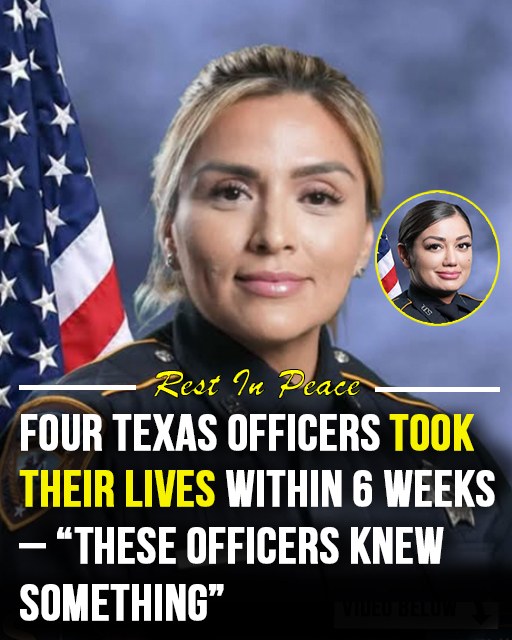This is such a heartbreaking situation, and sadly, it reflects a much larger challenge facing law enforcement and emergency officials across the country. Supporting their mental health requires more than just good intentions—it has to be systemic, proactive, and long-term.
One of the first things that needs to change is the stigma around seeking mental health support. Officers often fear that therapy or counseling could hurt their careers, so they stay silent. Departments need to create a culture where asking for help is seen as strength, not weakness. Peer support programs, where trained colleagues act as a first line of listening and guidance, can help normalize reaching out before it’s too late.
Access is another huge issue. Confidential, 24/7 hotlines specifically for first responders can make a difference, as can wellness units staffed by clinicians who actually understand the stresses of police and emergency work. More frequent mental health check-ins—beyond just after major traumatic incidents—could catch problems earlier. Some departments are beginning to require mandatory sessions after high-stress calls, not to punish officers but to give them a safe space to process what they’ve experienced.
The job itself takes a relentless toll. Repeated exposure to trauma, violence, and crises accumulates over time. Providing resilience training and regular debriefings could help officers unload some of that burden instead of carrying it silently. Families should also be included in the support system, because they often notice changes first—withdrawal, irritability, unhealthy coping—and could play a crucial role in encouraging early intervention if they’re given the tools.
